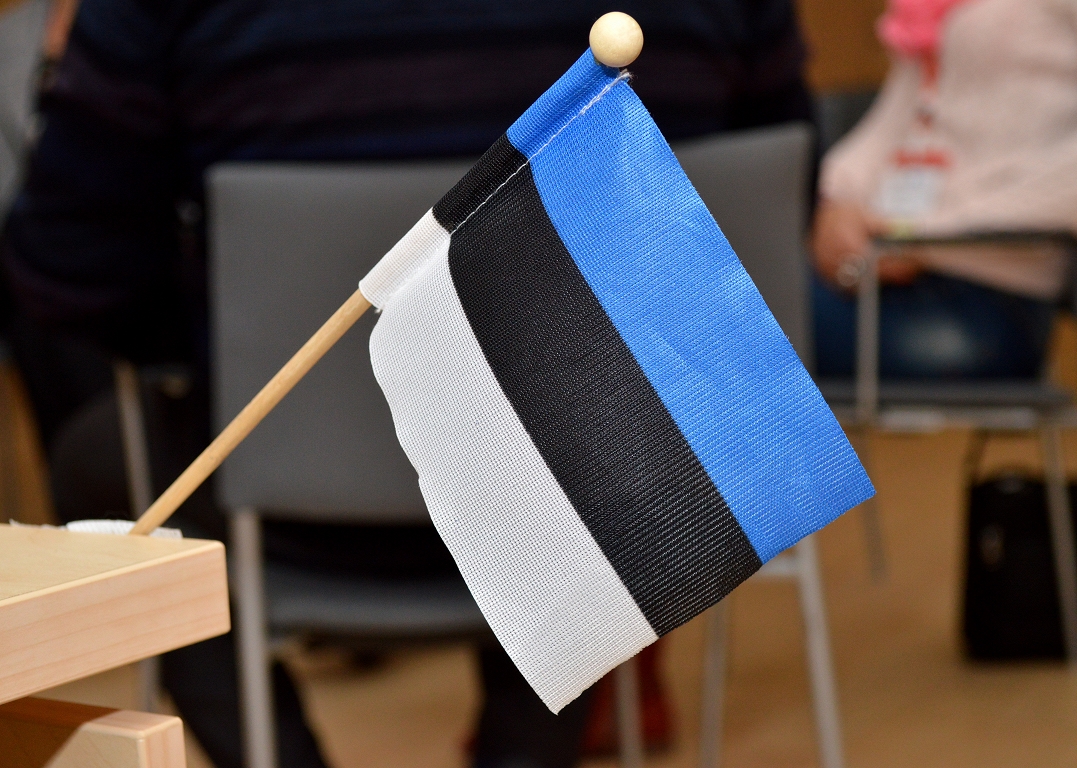The Estonian Parliament votes for the country’s withdrawal from the Ottawa Convention / Day

The withdrawal from the Ottawa Convention was supported by 81 Riga MPs. There are 101 members in the Estonian Parliament.
The bill states that since Estonia ratified the Ottawa Convention more than 20 years ago, the security situation in Europe and the Baltic Sea region has significantly worsened and the military threat to NATO members has increased.
« Estonia joined the Ottawa Convention more than 20 years ago. Since then, the security situation in Europe and the Baltic Sea region has significantly worsened, and military threats to NATO members have increased, » the document said.
« Russia continues a brutal and unjustified war on its neighboring Ukraine, in implementing its imperialist goals, violates its international obligations, including international human rights norms, and poses the most serious and long -term threats to safety in the Euro -Atlantic space, »
When submitting a draft law to Riga, Estonian Foreign Minister Margus Cahkna said earlier that Russia had not ratified the Ottawa Convention and has widely used infantry mines against Ukraine, nominating more than 170,000 square kilometers of Ukraine.
« At the same time, Ukraine does not have a legal ability to independently use infantry mines against Russian troops to prevent the occupiers from robbing and nominating its territory because Ukraine is a member of the Ottawa Convention, » said Cahkna.
« The teaching of the Russian war against Ukraine clearly shows that if the state unilaterally imposes weapons restrictions on its opponent, which its opponent does not respect and respect, it puts itself in a disadvantage compared to the opponent, » the Estonian Foreign Minister explained.
In his view, withdrawal from the Ottawa Convention will give the Estonian defense forces more flexibility and freedom in the choice of weapons and solutions, which will be used to strengthen the defense capabilities of Estonia if necessary.
« The withdrawal from the Ottawa Convention will not affect Estonia’s commitment to the objectives and norms of international humanitarian rights, » said Cahkna, stressing that « we are still committed to limiting the impact of war on civilians and protecting the victims of armed conflicts, including supporting humanitarian memory projects. »
In addition to the Estonian withdrawal, Latvia, Lithuania, Poland and Finland have also begun the process of the Ottawa Convention. The Latvian and Lithuanian parliaments have already adopted relevant legislation, while the Finnish and Polish parliaments will hold a debate on the issue in the near future.
The withdrawal of the Convention shall enter into force six months after notification if the country is not involved in an armed conflict at the time of withdrawal.
The Ottawa Convention, or Convention on the Prohibition and Destruction of Infantry Mines, provides that the signing countries undertake to « never use infantry mines under any circumstances ». The document, which came into force in 1999, has joined more than 160 countries around the world, including most Western countries. Estonia joined it in 2004.
China, Russia, USA, India and Pakistan have not joined the Convention.






/s3/static.nrc.nl/images/gn4/data133305331-966bd5.jpg)
